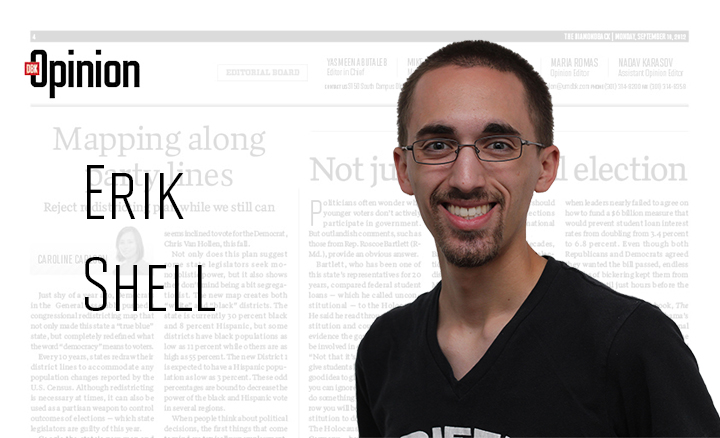
Junior classical languages and literatures and history major
Of all the fears and phobias in the world, death is certainly one of the most logical. It is unpredictable, not always peaceful and, perhaps worst of all, unavoidable.
Its inevitability is culturally cemented in a fairly well-known phrase: The only certainties in life are death and taxes. While often used to quell fears about the unknown future and randomness of life, there is also a bitter twist in this phrase. Not only is the future uncertain and your destiny unclear, but you have to pay the government for the privilege of going through it all.
Taxes have received a lot of attention in the media lately, with discussions on topics such as simplifying the tax code. Indeed, the tax system is a labyrinth of confusing deductions and potential pitfalls that, if discovered by the Minotaur known as the IRS, can severely dent a person’s bank account.
Yet we are reminded time and again that taxes are not optional. They are an obligation on our time and salaries. It is an obligation many people, particularly in the more radically red states, believe to be a tyrannical imposition by the evil feds. Some states go so far as to threaten secession in order to avoid them.
So what is the point? What do taxes provide that wealthy corporations cannot?
The typical argument is a useless one: Most jump immediately to public education and a police force, which Ayn Randians counter with the ability to allocate those to private enterprise. Round and round it goes until both sides have dug themselves deeper into their previous position.
Maybe we should go back further. Back in the day, Jean-Jacques Rousseau thought he had an original idea that said we give up some freedoms to be part of society. These sacrificed freedoms include the ability to kill your neighbor for his or her curly fries or the freedom to make toxic chemicals right on top of the town’s water supply. You give these up, enter society and learn to love the tea party’s worst nightmare: a society with fewer freedoms.
Those seem like extremely reasonable terms. Even in a hypothetical world where I would need to pay my police bill month to month in order to be protected from muggers, I would pay taxes for the bare necessities of society, including my neighbor being baffled if I thought he or she would kill me to take my backyard. That neighbor’s response is culturally conditioned as a result of our tax-funded legal system, and it is well worth a percentage of my income.
Of course, you can have society without taxes. The last people to do it were overwhelmingly subsistence farmers whose very lives depended on it raining at the right time. The minority, meanwhile had to — surprise — constantly worry about their neighbors killing everyone.
On a more general note, though it might come across as complacency, the willingness to accept the inevitable is the clear sign of a well-adjusted individual. While death can remain scary until the end, the thought of a largely functioning, nonrevolutionary government taking some money to educate children is notably less frightful.
Besides, what is cheaper: Taxes or paying to build a trench and moat around your property? One might, in fact, be cheaper, but which would you really rather worry about?
Erik Shell is a junior classical languages and literatures and history major. He can be reached at eshelldbk@gmail.com.



